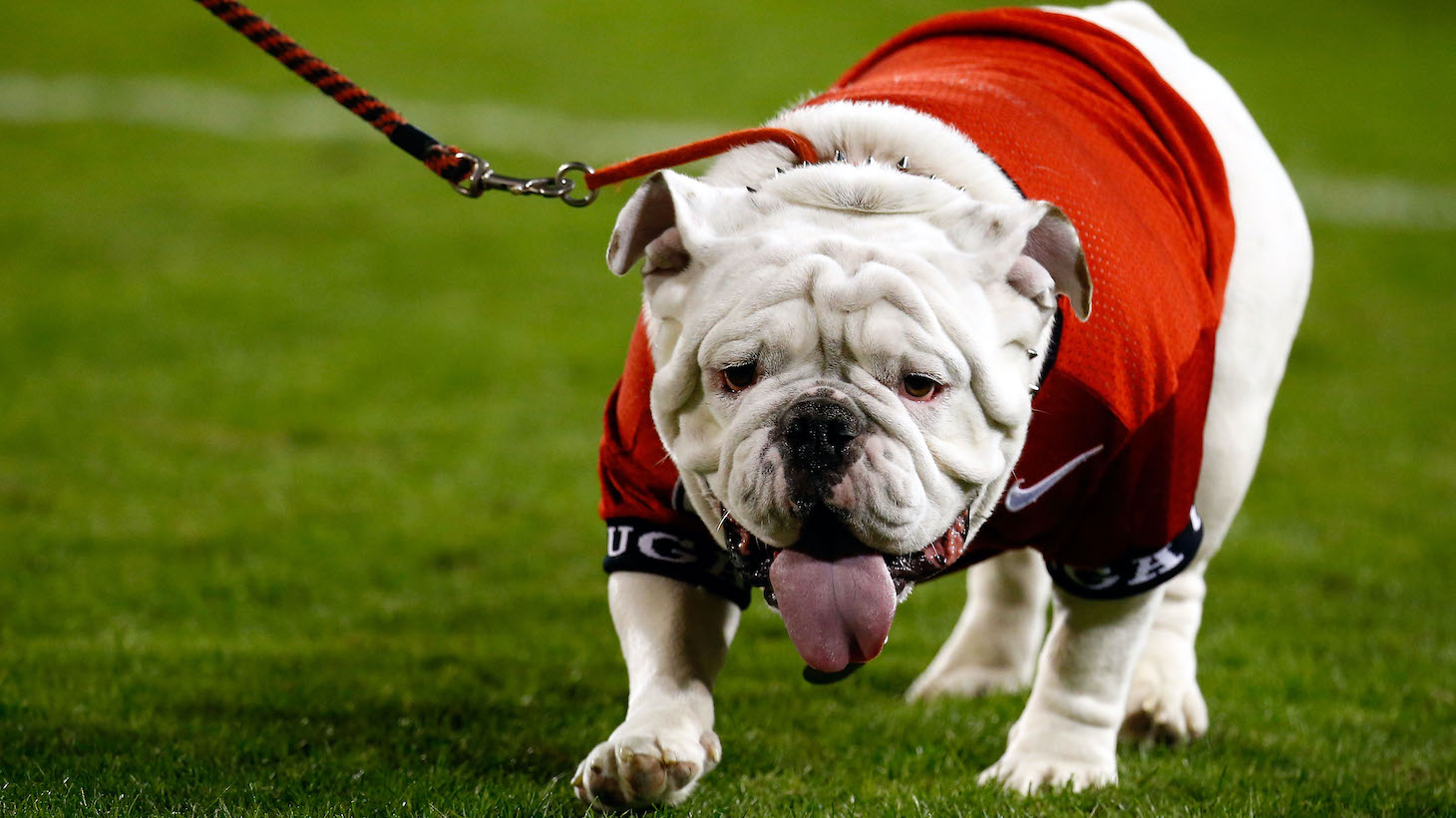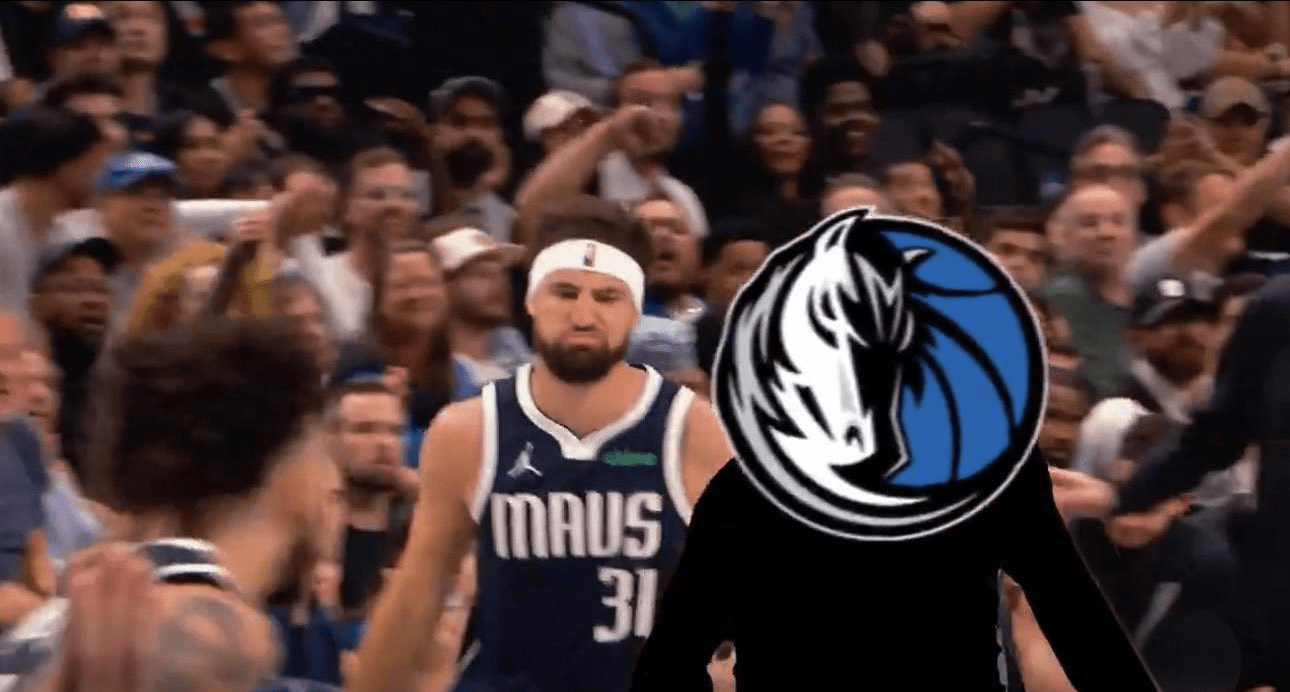The University of Georgia, which along with the rest of the SEC is located in one of America’s most infected and infectious states and along with the SEC is planning to play a mostly full football schedule (with one sop to the pandemic, in that tailgating will not be allowed, though fans will be allowed to “gather near their vehicle,” which last I checked is the definition of tailgating; consider this a great warm-up for your sophism detector), did the rest of us a solid by cramming two of our country’s current anxieties into a single, stupid statement:
The university would walk things back at least partway, perhaps after finally reading and thinking about the statement it had just pushed out. Rarely have I seen a statement that undercuts its own argument and provides its own solutions so efficiently. It is physically impossible to read through it and not have the following thoughts occur in order: (1) An indoor polling site is too unsafe but cramming students onto a shuttle bus isn’t? (2) Well, wait, if football’s safer because it’s outside, why not have the polling site outside? (3) Hey, why not put the polling site in the football stadium? (4) Weird how this statement doesn’t mention the one thing, the only thing, that explains both decisions.
Money. Just say money! Money is a necessary and sufficient explanation for why college football is being played, why the Big 10 reversed course and is coming back, why the Pac-12 is trying its hardest to follow suit. Making it easy for students to vote, a civic good, makes a university zero dollars. College football, arguably a civic good itself, also happens to be a printing press running off billions of dollars. This isn’t an ideal set-up—amateur revenue sports that don’t pay players are an ethical disaster, and if public universities hadn’t been encouraged for decades to be run like businesses they wouldn’t be so reliant on football to keep the lights on—but it’s the reality, and pretending otherwise just insults everyone.
The Big 10’s big selling point upon announcing its return is that players will be tested every day. This is not something available to the average person, or regular non-athlete students, but that’s because you and I and Sally Sophomore majoring in elementary education at Purdue don’t do much for Purdue’s income. Athletes get treated special because they are special, and they are special because they’re profitable. But when an administrator refuses to admit that, perhaps because it gives the entire game away, things get awkward. Here’s Northwestern’s AD dancing ever so elegantly around giving a true answer to a “great question.”
It would be truer and more respectful of our time and our intelligence if he had just said money. Mike Gundy has been perhaps the only honest man throughout all of this, when way back in April he flatly stated that football needed to be played “because we need to run money through the state.” We’re all a lot less naive about this than we were even 10 or 15 years ago. Even Congress is holding hearings about how athletes can tap into the deep potential well of licensing cash, and, uh, give all that money back to the schools.
So there’s nothing particularly surprising about UGA taking the time and effort to figure out how to play football safe-ish-ly, while declining to spend even a moment helping its students vote. It’s not because the university has a political leaning and Georgia is a swing state and college kids tend to vote Democratic and making it harder for them to vote would benefit one specific presidential candidate, though that’s functionally what’ll happen. It’s because the university, like so many other American universities is taking a beating in the wallet because of the pandemic, doesn’t care about things that don’t serve the institution’s chief goal of making money. Football does. And a little incidental voter suppression just happens to be the price of prioritizing football. Just be honest with us about it.





